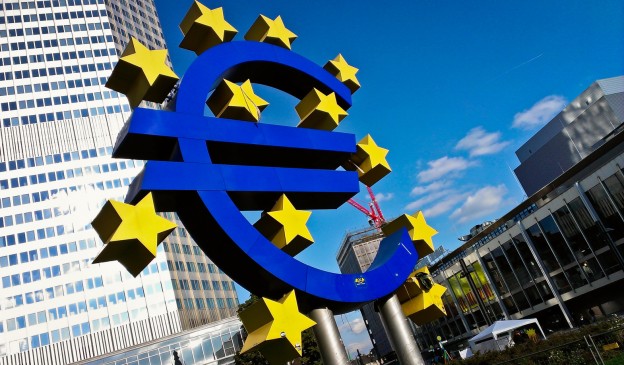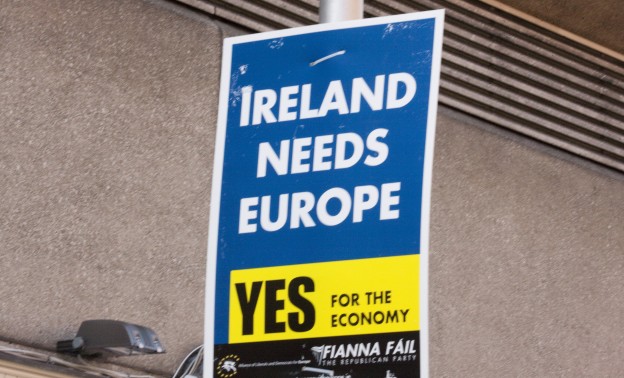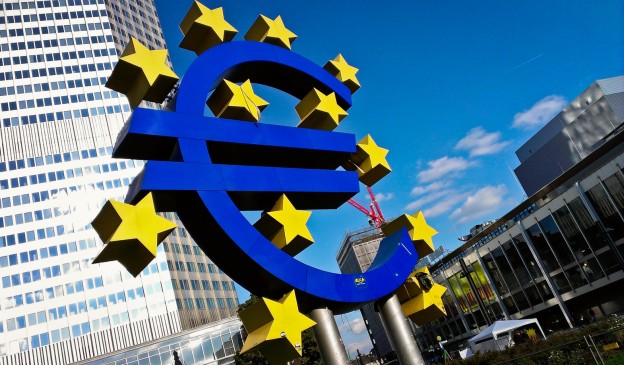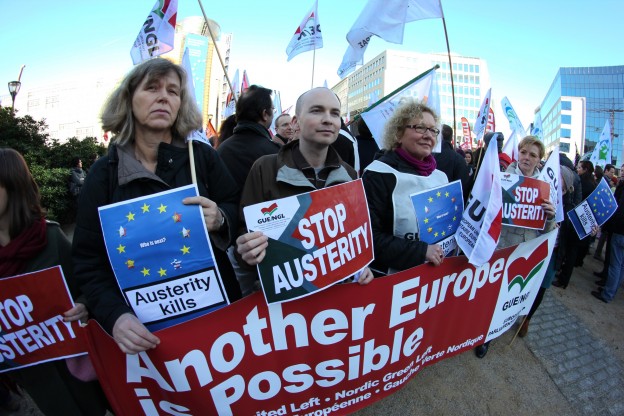News reports on Tuesday suggested that Finland, one of the few eurozone countries with a triple-A credit rating, was suspected of having been behind the unprecedentedly severe rescue package conditions for Cyprus. During past bailout negotiations, Finland wanted to establish itself as the responsible adult in the room. Unlike many southern European countries with mismanaged economies, Finland learned the lessons of its banking crisis and the subsequent recession 20 years ago.
Finland’s impatience in the face of sloppy fiscal policies prompted analysts to speculate about the country’s future in the eurozone. For instance, Nouriel Roubini, one of the most respected prognosticators of global economic trends, has argued that Finland will eventually be the first country to leave the single currency.
During the latest negotiations between IMF, EMU and Cyprus, Finland was reported to have been responsible for the levy tax obliging Cypriots to pay up to 10 per cent of their savings to foot the costs of the rescue package. Germany is often erroneously viewed as being uncompromising in its bailout demands, but in the eyes of Europe’s debt-ridden economies, Finland is the bad cop in the room.
Yet, Finland has rarely succeeded in its demands as the Greek and Spanish bailouts showed. Tough posturing is meant for domestic consumption to keep the vociferous opposition at bay. The opposition argues - perhaps rightly so - that Finland is constantly paying for other countries mistakes.
The Finnish euro bailout dance usually starts with the Finance Minister Jutta Urpilainen and Prime Minister Jyrki Katainen rejecting reports that a given Mediterranean country is in need of a massive bailout. When the bailout becomes a reality, both Katainen and Urpilainen attempt to calm the public by proclaiming that Finland will not give a cent unless it receives loan guarantees. After it becomes clear that other eurozone countries do not subscribe to Finland’s demands, the bailout passes without guarantees and Urpilainen and Katainen stand in front of the Finnish media explaining that harmonious cooperation comes with an occasional responsibility to compromise.
Henry Clay once said that a good compromise leaves both sides unhappy. In Finland’s case, only the Finnish taxpayer is left unhappy.
If past bailouts are any indication, Cyprus will get its bailout, irrespective of Finland’s posturing. The northern European country can leave the euro and incur the wrath of the eurocrats or stay and continue its increasingly superfluous dance. Either of these choices will have serious consequences for Finland and the eurozone.






























